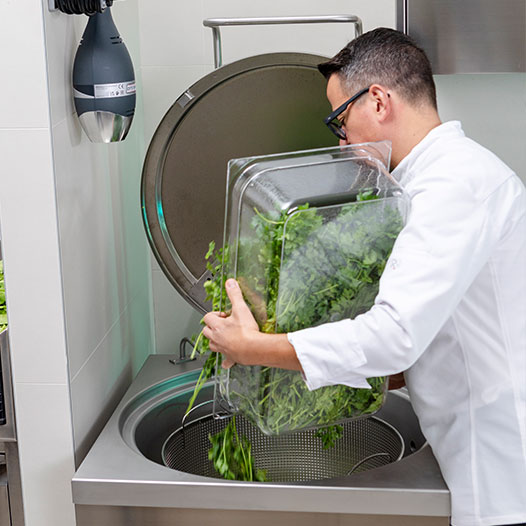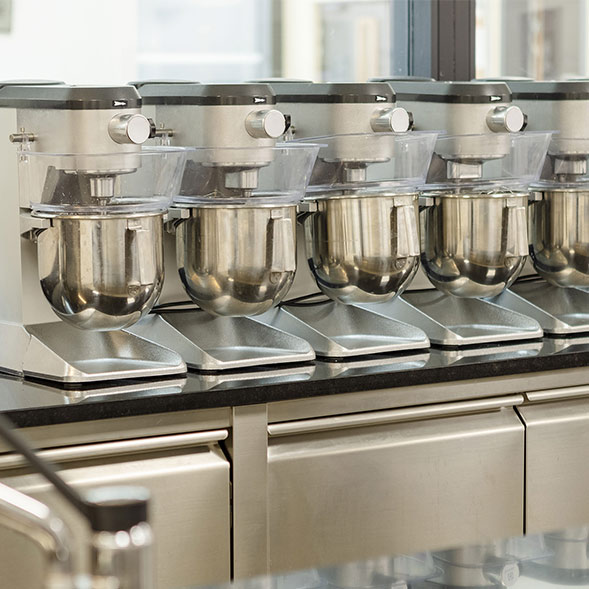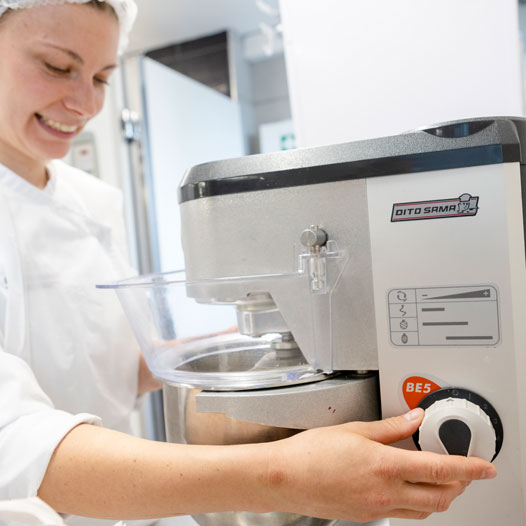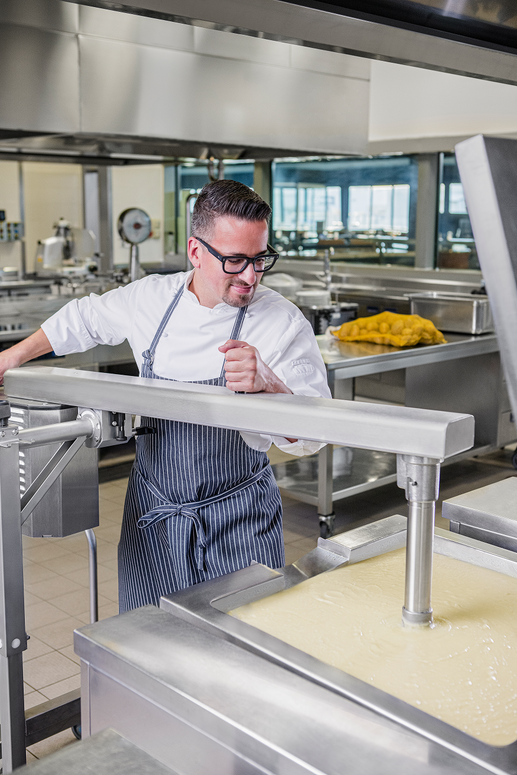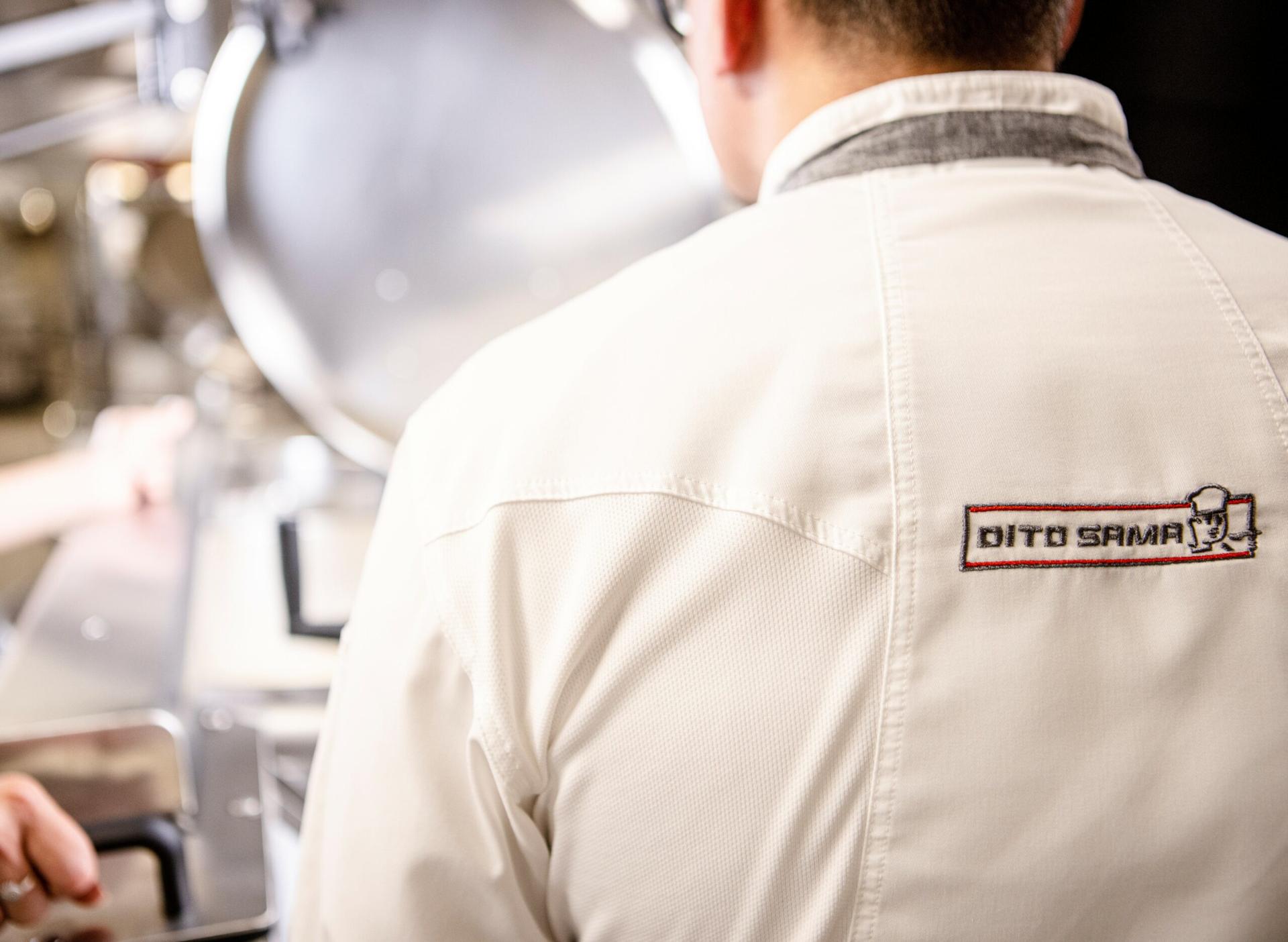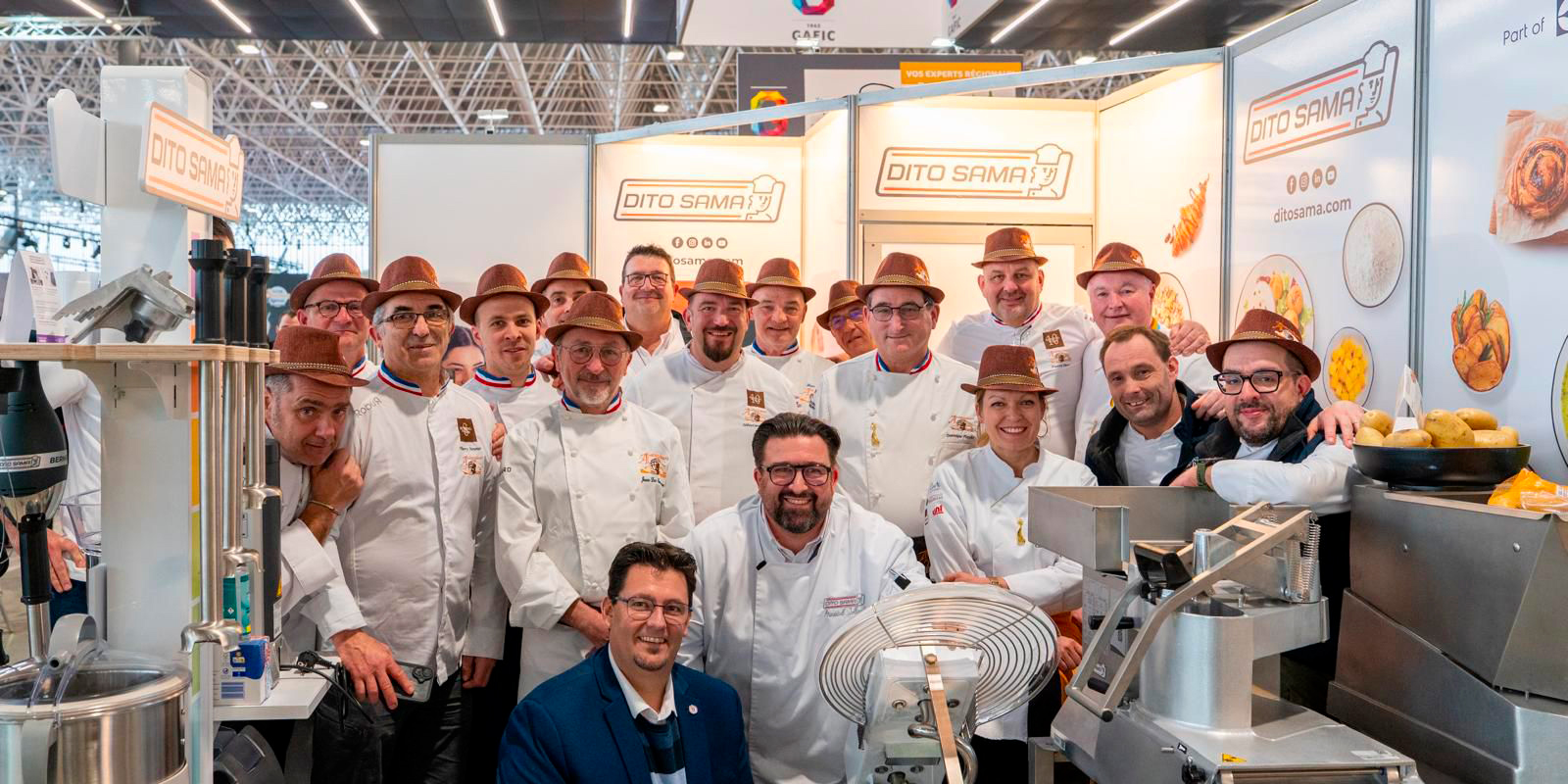

How to Select a Reliable Restaurant Equipment Supplier
The process of selecting a restaurant equipment supplier goes far beyond checking what’s in stock. It’s about building a partnership with someone who understands the daily realities of your kitchen – whether it’s the rush of lunch service or the pressure to deliver consistent results with limited space and time. The right supplier becomes part of your operation’s rhythm, offering more than just products: they bring knowledge, stability, and problem-solving when it matters most.
In this article, we’ll explore what to look for in a kitchen equipment supplier, how to evaluate product quality and pricing, and the key questions to ask before entering a long-term partnership.
Key Factors to Consider When Selecting a Restaurant Equipment Supplier
Not all suppliers are created equal. A good one will act as a partner to your business – not just a distributor. Here are the most important elements to consider:
Suppliers like Dito Sama are known not only for their high-quality commercial kitchen equipment but also for their ongoing support and commitment to innovation.
How to Evaluate Quality and Pricing in Commercial Kitchen Equipment
Finding the right balance between quality and cost is one of the biggest challenges in commercial kitchen procurement. Low-cost equipment might seem attractive initially, but over time, the true cost of ownership becomes clear.
Here’s how to make a well-informed evaluation:
- Examine the build quality: Stainless steel construction, reinforced internal parts, and ergonomic design are all signs of equipment built for long-term use.
- Compare warranties and service agreements: Strong warranty terms often reflect the manufacturer’s confidence in their product.
- Assess energy efficiency: More efficient appliances reduce utility costs and contribute to sustainability goals.
- Ask about parts and repairs: Check how easy it is to source replacement parts and whether service technicians are readily available in your area.
Dito Sama is a supplier that checks all these boxes. Known for its precise engineering and robust construction, Dito Sama equipment is designed specifically for demanding commercial environments. Their products not only offer exceptional performance and durability, but they are also backed by responsive customer service and support that goes beyond the initial sale.
Ultimately, the best restaurant equipment supplier is one that helps you think beyond price tags – offering insights into durability, performance, and long-term value.
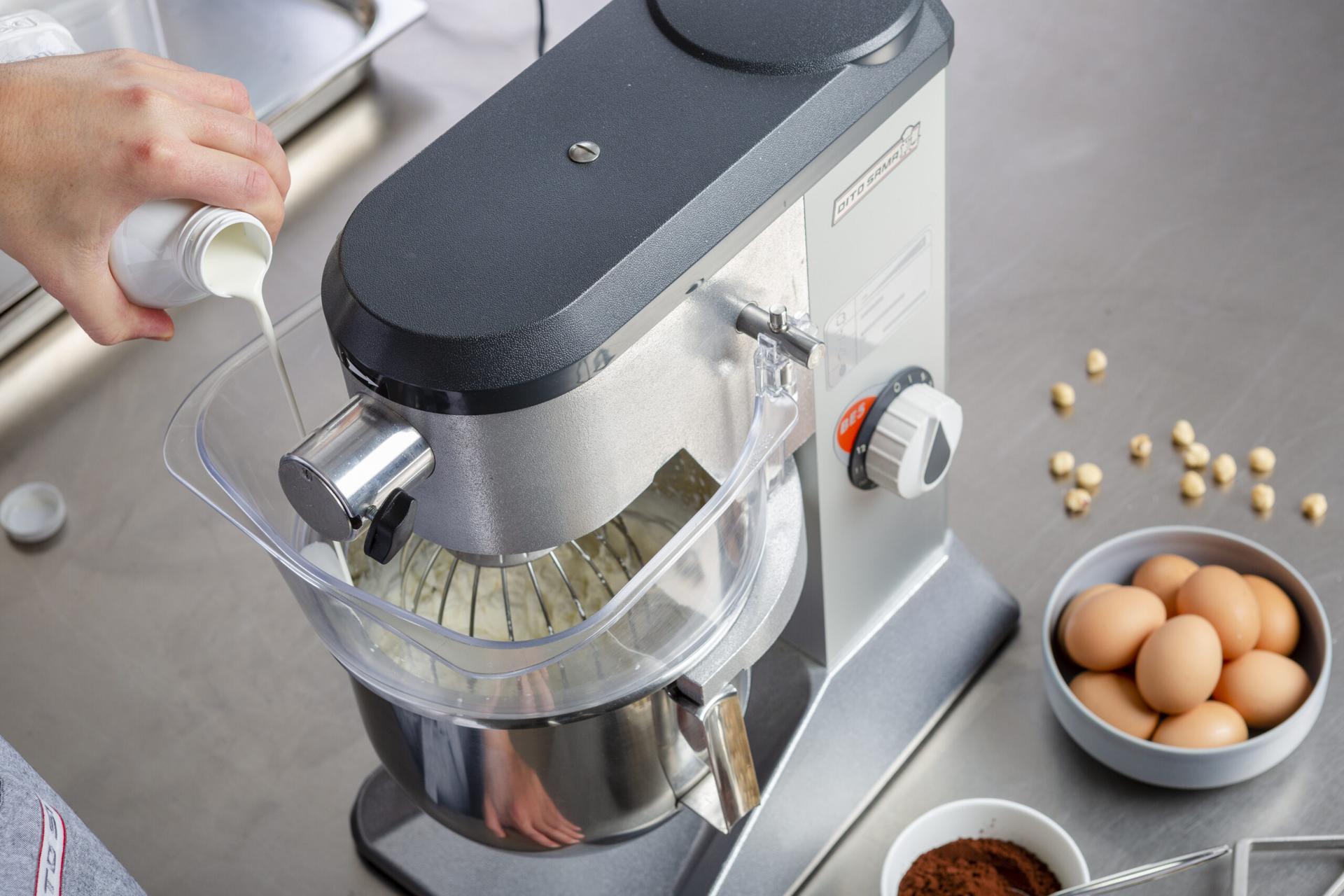
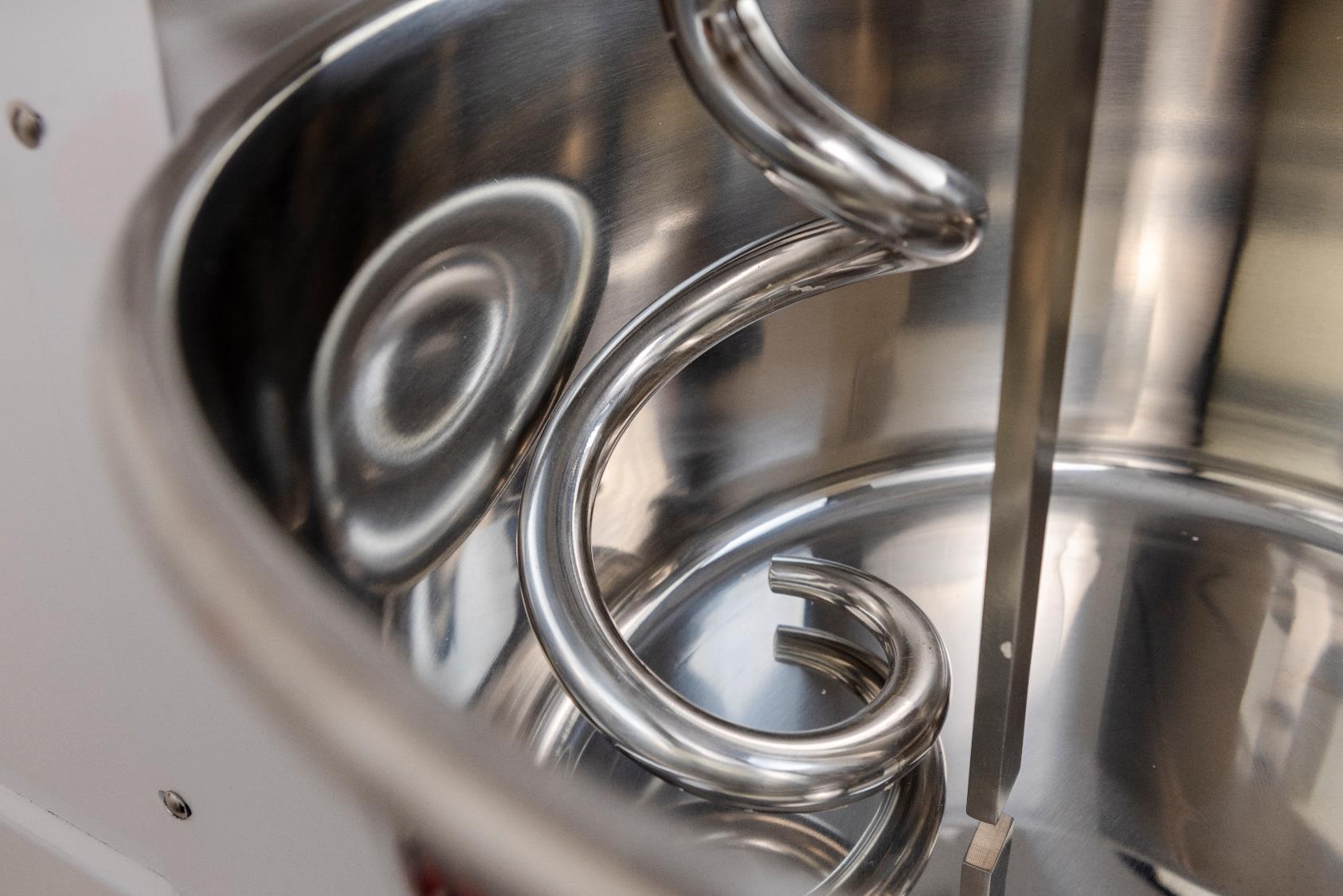
Top Questions to Ask Before Partnering with a Supplier
In addition to evaluating features and pricing, it’s important to assess how well the supplier aligns with your day-to-day operations. A reliable supplier doesn’t just sell you products – they contribute to your kitchen’s efficiency, compliance, and long-term success.
Some suppliers may offer additional services that can bring significant value, including:
- Consultation on layout and equipment planning to help optimize workflow and space utilization.
- Regular service checks and preventative maintenance programs that reduce unexpected breakdowns.
- Access to innovation previews – being among the first to test or adopt the newest appliances and technologies.
- Customized equipment bundles tailored to specific foodservice formats, like bakeries, QSRs, or catering businesses.
These added services can have a substantial impact, especially when scaling your operation or refining your workflow.
Before signing on with a new commercial restaurant equipment supply partner, get the full picture by asking the right questions:
1. What is your experience in the foodservice industry?
2. Do you offer equipment training and support for my team?
3. How do you handle warranty claims and service calls?
4. Can you provide references from businesses similar to mine?
5. What lead times should I expect for standard and custom orders?
6. Do you offer guidance on space planning or kitchen design?
7. What post-sale support is available – both short and long term?
These questions will help you assess whether the supplier can provide not just products, but also the expertise and partnership your business needs to thrive.
A reliable kitchen equipment supplier is more than a vendor – they’re part of your operation’s foundation. With the right support, you’ll gain more than appliances. You’ll gain peace of mind, better performance, and a partner who’s invested in your long-term success.
LAST NEWS

